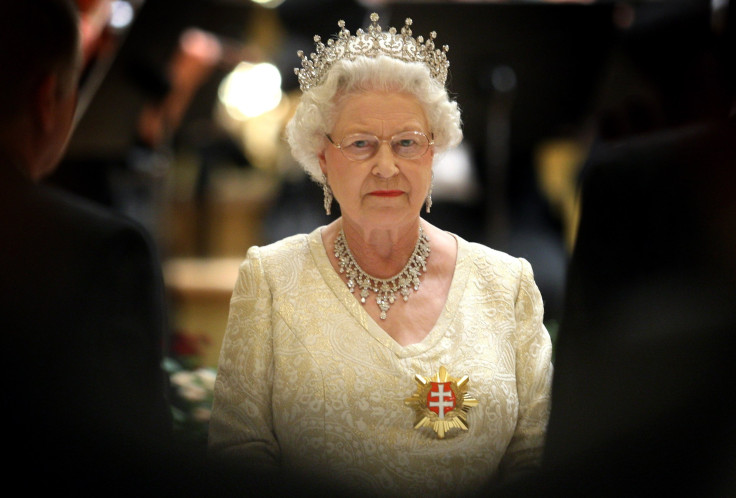The British monarchy, headed by Queen Elizabeth, has been around for centuries now. What most people don’t know, however, is that a bill previously introduced by the late Tony Benn and seconded by Jeremy Corbyn almost put an end to it.
Queen Elizabeth’s role in the British government has been under the spotlight in recent weeks after Prime Minister Boris Johnson sought her permission to prorogue the Parliament. While Queen Elizabeth is not the type of monarch who loves meddling with politics, her role in the British government recently forced her to be back in the political spotlight once again.
The people of the United Kingdom love Queen Elizabeth for everything that she is today, but it was a different story back in 1996. On July 1 of that year, Benn presented a bill intended to strip Queen Elizabeth of her political role completely. This constitutional reform was seconded by current labor leader Corbyn, but it failed to reach the second reading stage after initially getting just six signatories.
The bill, which proposed to “establish a democratic and secular Commonwealth of England, Scotland and Wales, each with its own national parliament,” would have completely abolished the British monarchy and put an end to the constitutional status of the Crown, represented by Queen Elizabeth.
What Benn wanted at that time was to end the constitutional status not only of the Crown but also of the Privy Council and the House of Lords. He sought to replace the Privy Council with a Council of State and to replace the House of Lords with an elected “House of the People” while moving the functions of the monarchy to the Parliament.
In recent weeks, there have been discussions about the royal prerogative to appoint the Prime Minister of the Cabinet to help the monarch exercise her political power. Unfortunately, the bill proposed by Benn never went past the first reading stage, so its finer details are still under wraps.
Because Benn died before the bill even made some significant progress, the question of what would happen to Queen Elizabeth or the current sitting monarch if the UK ever becomes a republic remains unresolved to this day.
In an interview before he died, Benn said that his bill was not because of his objections to the monarchy itself. He said that it was “not so much about the Queen herself as about the Crown as a legal institution.”

© 2025 Latin Times. All rights reserved. Do not reproduce without permission.




